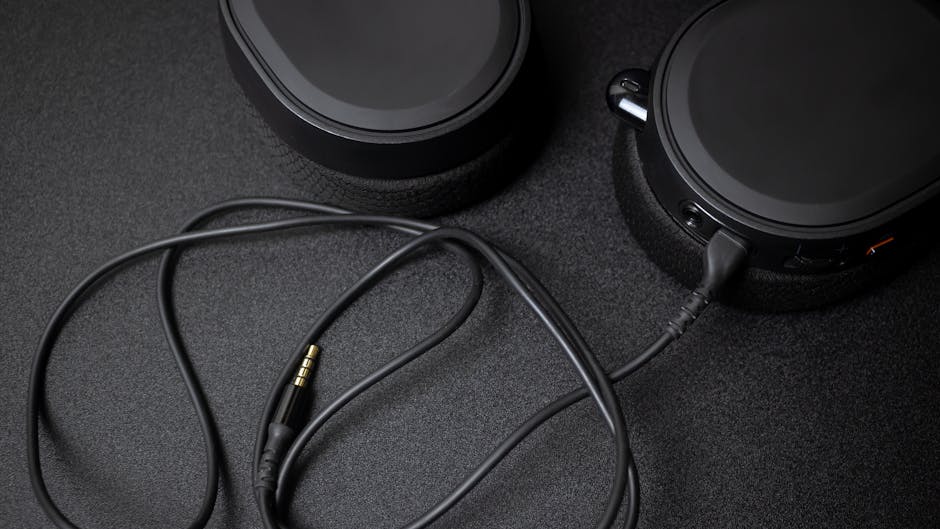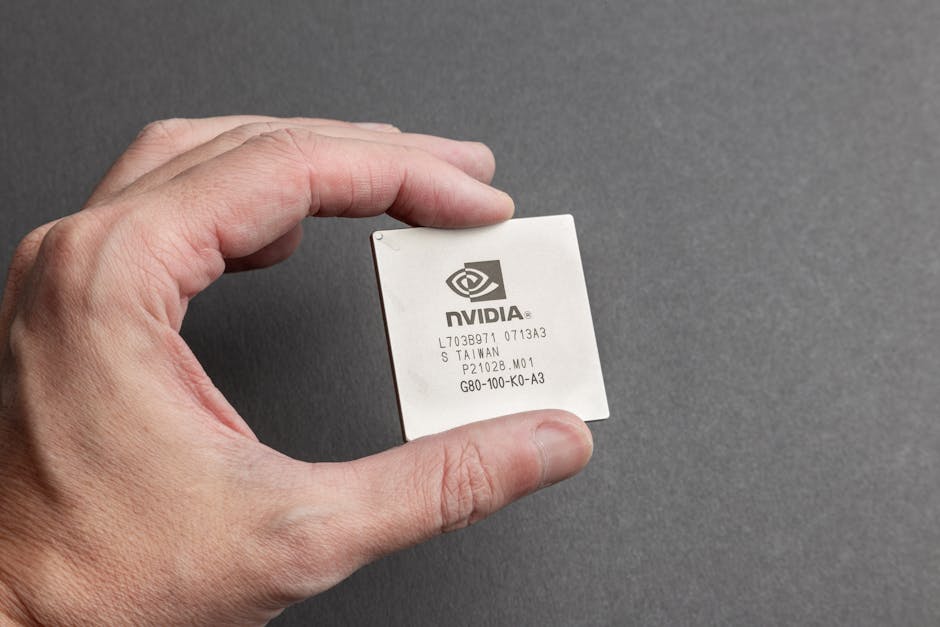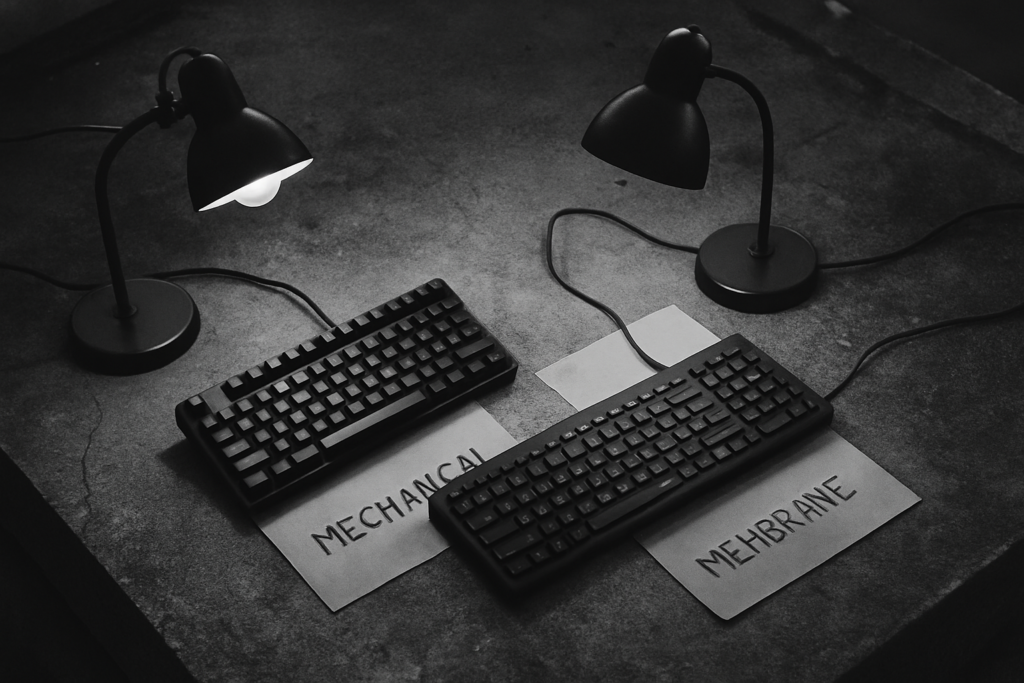Performance: Latency Still Matters
When milliseconds count, latency isn’t just a buzzword it’s the difference between clutching a win or watching the killcam. Wired headsets still hold the crown for minimum delay. With direct connections to your system, they push audio with practically zero lag, making them the default pick for competitive players chasing split second precision.
That said, wireless gear is catching up fast. Top tier models now offer sub 1ms latency with dedicated 2.4GHz USB dongles. It’s close enough that many gamers won’t notice a gap especially in casual or console play. Still, if you’re deep in ranked matches or esports scenes, even a blink of lag can be the weak link.
Bluetooth? It’s improved, but still not ready for real time FPS action. Fine for mobile games, maybe, or watching streams. But for competitive shooters or tight timing mechanics, steer clear. For now, serious gamers should treat Bluetooth as a backup, not the main line.
Sound Quality Breakdown
Audio quality is where the wired vs wireless debate gets real. High end wired headsets still hold the edge when you’re chasing pure, uncompressed sound. It’s audio in its raw form no compression, no latency tricks, just clean detail straight through the cable. Audiophiles and competitive players chasing every footstep and reload will notice.
But wireless isn’t automatically a downgrade anymore. Thanks to codecs like aptX and LDAC, modern wireless headsets push serious fidelity. With a good connection and the right setup, most gamers won’t hear a difference. It’s not about what’s “better” anymore it’s about what works better for you.
Still, not all sound is created equal. RPGs with sweeping scores or battle royales that rely on accurate positional cues demand a wide soundstage and precise directional audio. That’s where you’ll want to test headsets in real scenarios. Wired may still win the minute details, but top tier wireless options are closing in fast.
Comfort and Mobility

When it comes to how a headset feels over hours of use, the wired vs. wireless debate is less about raw tech and more about how you game. Wireless headsets trade cable clutter for freedom you can stand, stretch, walk to the kitchen mid lobby without yanking anything off your desk. Setups look cleaner too, which matters if you’re on cam or just hate visual noise.
But all that movement comes with tradeoffs. Wireless headsets carry batteries, which add weight. You’ll also need to keep an eye on charging cycles. If you’re mid raid and your headset dies, that’s on you. Wired headsets, on the other hand, are generally lighter. With no battery pack strapped to your head, they tend to sit more comfortably during long gaming marathons. No batteries, no charging, no drama.
So the tradeoff is simple: mobility versus consistent uptime. Know your habits, pick your gear accordingly.
Compatibility in 2026
By 2026, most major gaming platforms PC, PS5, Xbox Series X/S play nice with both wired and wireless headsets. This is good news for gamers who want options. That said, not all formats are created equal when it comes to plug and play simplicity.
Wired headsets tend to be foolproof. Plug into the controller or USB port, and you’re up and running. No drivers, no dongles, no updates. It’s ideal if you want something that just works especially during tournaments or late night grind sessions where troubleshooting isn’t on the agenda.
Wireless, while sleek and tangle free, comes with caveats. Most models use USB dongles or rely on platform specific pairing. These require some setup, occasional software installs, and, once in a while, firmware updates. Not a dealbreaker, but something to consider if tech upkeep isn’t your thing.
Bottom line: compatibility isn’t a problem in 2026. Your choice boils down to how much setup you’re willing to do and how much freedom you want in return.
Price vs. Value
When selecting between wired and wireless headsets, cost is only part of the equation. Gamers should weigh short term expenses against long term value and performance.
Wired Headsets: High Quality, Low Cost
For gamers on a budget or those seeking maximum audio fidelity without breaking the bank, wired headsets remain an unbeatable option.
Typically more affordable than wireless equivalents
Offer consistent, uncompressed sound performance
No need to purchase batteries or charging accessories
Fewer parts to wear out over time, leading to longer lasting builds
Wireless Headsets: Convenience at a Price
Wireless models continue to command higher price tags due to their added tech and mobility features. While they offer unmatched freedom of movement, they come with hidden costs.
Often priced higher due to built in wireless tech and batteries
May require additional gear like dongles, USB transmitters, or charging docks
Advanced features (e.g., noise canceling microphones, multi device support) raise costs further
Consider the Long Term Lifecycle
Before investing, consider how your headset will hold up in the long run.
Battery degradation: Over time, wireless models may lose charge capacity, reducing session length and requiring earlier replacement
Durability: Wired headsets often use simpler internal components, which can mean fewer failure points
Accessory management: Wireless headsets may need replacement cables, ear pads, or charging components factoring into overall cost
Ultimately, value comes down to your priorities. If audio precision and cost efficiency matter most, wired is the way to go. But if hassle free movement and premium features fit your lifestyle, spending extra on wireless may be worth the tradeoff.
What Type of Gamer Should Choose What
Choosing between a wired or wireless headset in 2026 depends largely on your gaming style, goals, and setup. Here’s a breakdown of the best options based on different gamer profiles:
For Competitive Gamers
Speed and precision are everything in high stakes environments like FPS tournaments or ranked lobbies.
Go Wired for Zero Latency Reliability
Offers near instant audio feedback
No interruptions from wireless interference or battery limitations
Preferred in pro and esports settings for dependable performance
For Casual and Console Players
Comfort and convenience matter more when you’re relaxing on the couch or gaming casually for long stretches.
Choose Wireless for Freedom and Flexibility
No cords to manage across the living room or around your controller
Ideal for console setups where mobility is key
Easier to store and less cluttered gaming environment
For Streamers and Hybrid Users
Versatility is the name of the game if you’re switching between consoles, PCs, and streaming setups.
Look for Hybrid Options with Wired & Wireless Modes
Easily switch between tethered use and wireless play
Reliable backup (wired) if battery runs low mid session
Best of both worlds for streamers who need consistency and range
Choose your headset with intention comfort, reliability, and performance should all align with how you play.
Looking to upgrade without guessing? Check out our curated list of must have headsets that are tested to perform no fluff, just gear that holds up under pressure. Whether you’re grinding ranked matches or casually roaming open worlds, the right headset can shift your whole experience.
If you’re putting real money into your 2026 setup, arm yourself with the right info. Our must have headsets guide breaks down what matters most right now sound quality, latency, comfort, and versatility so you don’t waste time or cash. Take a look before locking in your next buy: Must Have Headsets for 2026.


 Hilda Arenas, a key contributor at Your Gaming Colony, has significantly enriched the platform with her extensive knowledge and passion for video games. While not the founder, Hilda plays an integral role in shaping the site's content and community engagement. Her deep understanding of the gaming world and her dedication to quality have made her contributions invaluable to the platform.
Hilda's expertise is evident in the up-to-the-minute gaming news she helps deliver, ensuring that visitors are always informed about the latest industry developments. She is instrumental in producing high-quality, in-depth reviews that offer honest and detailed assessments of new releases, classic games, and everything in between. Her commitment to excellence ensures that the platform's content remains reliable and engaging.
Hilda Arenas, a key contributor at Your Gaming Colony, has significantly enriched the platform with her extensive knowledge and passion for video games. While not the founder, Hilda plays an integral role in shaping the site's content and community engagement. Her deep understanding of the gaming world and her dedication to quality have made her contributions invaluable to the platform.
Hilda's expertise is evident in the up-to-the-minute gaming news she helps deliver, ensuring that visitors are always informed about the latest industry developments. She is instrumental in producing high-quality, in-depth reviews that offer honest and detailed assessments of new releases, classic games, and everything in between. Her commitment to excellence ensures that the platform's content remains reliable and engaging.
